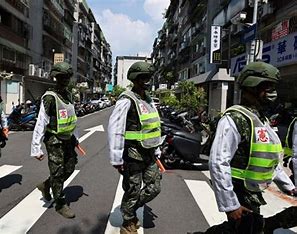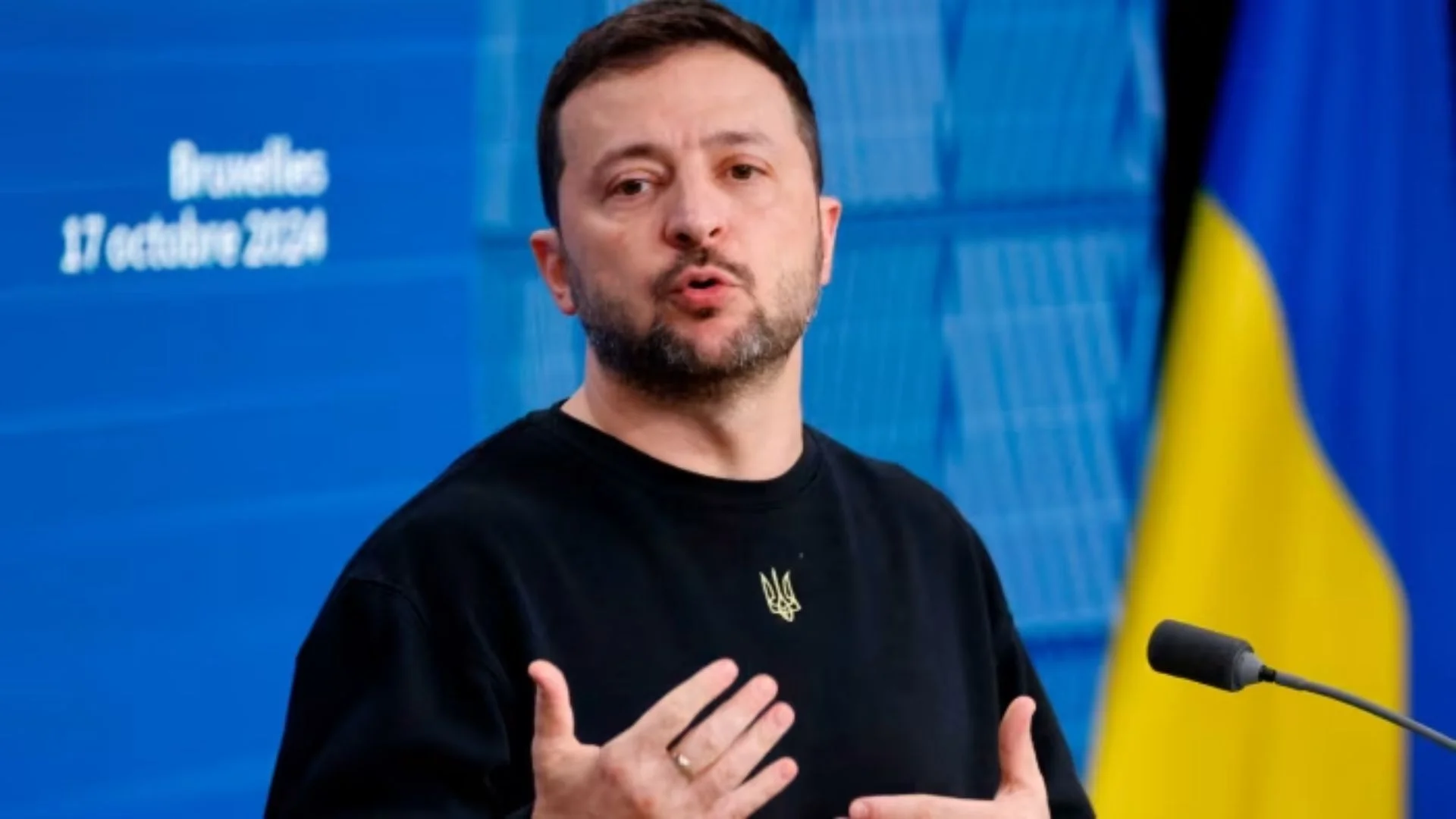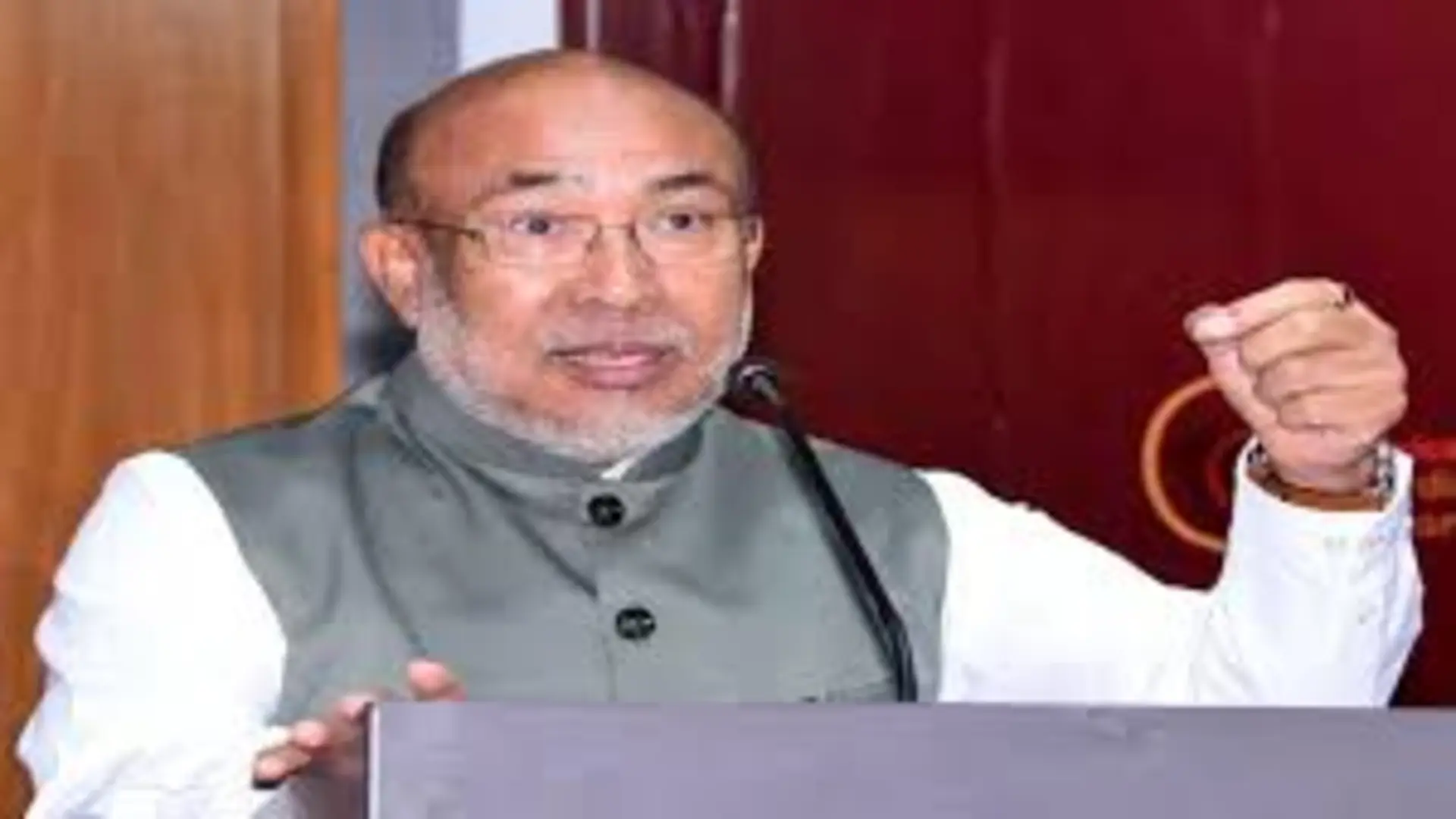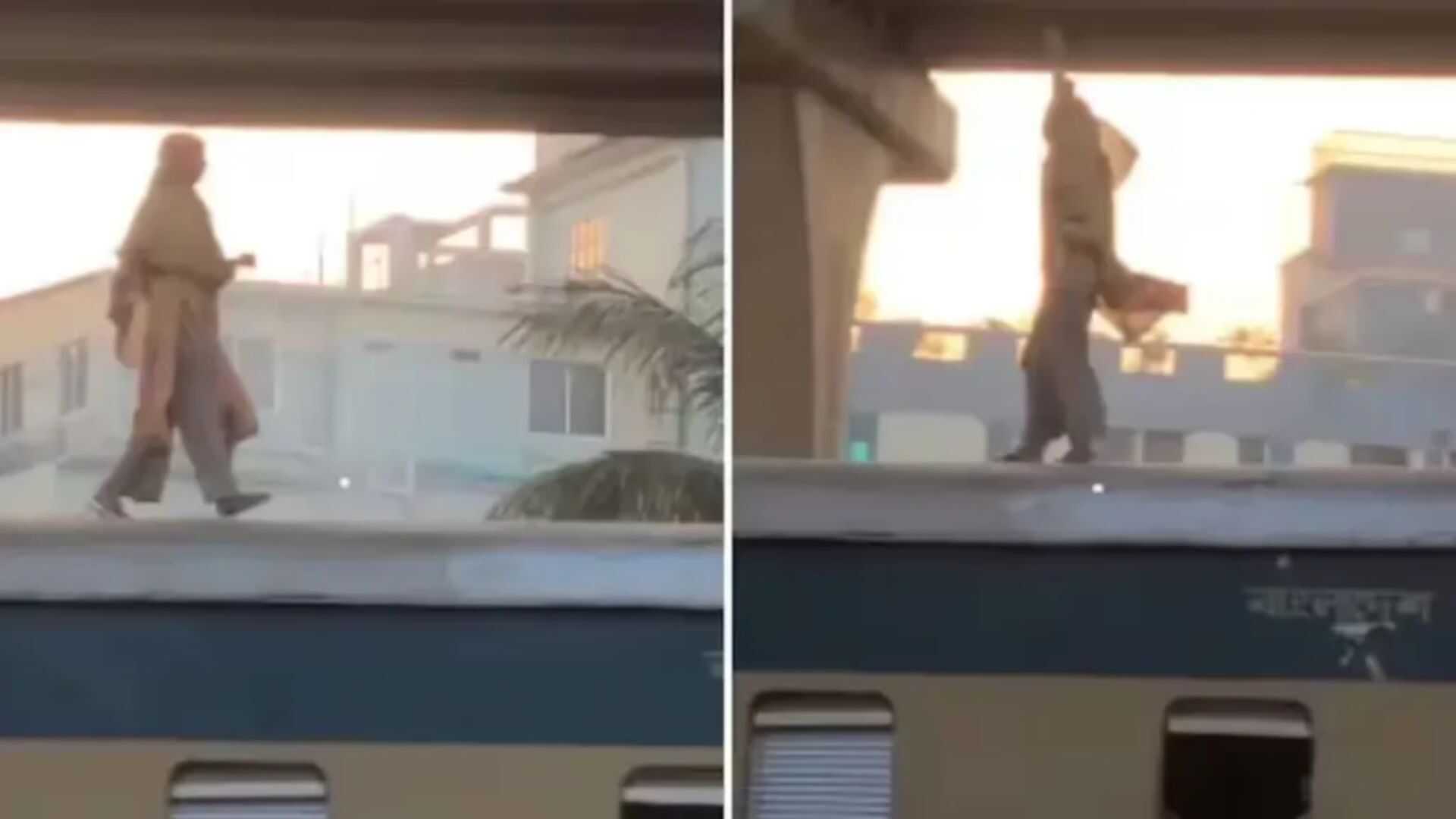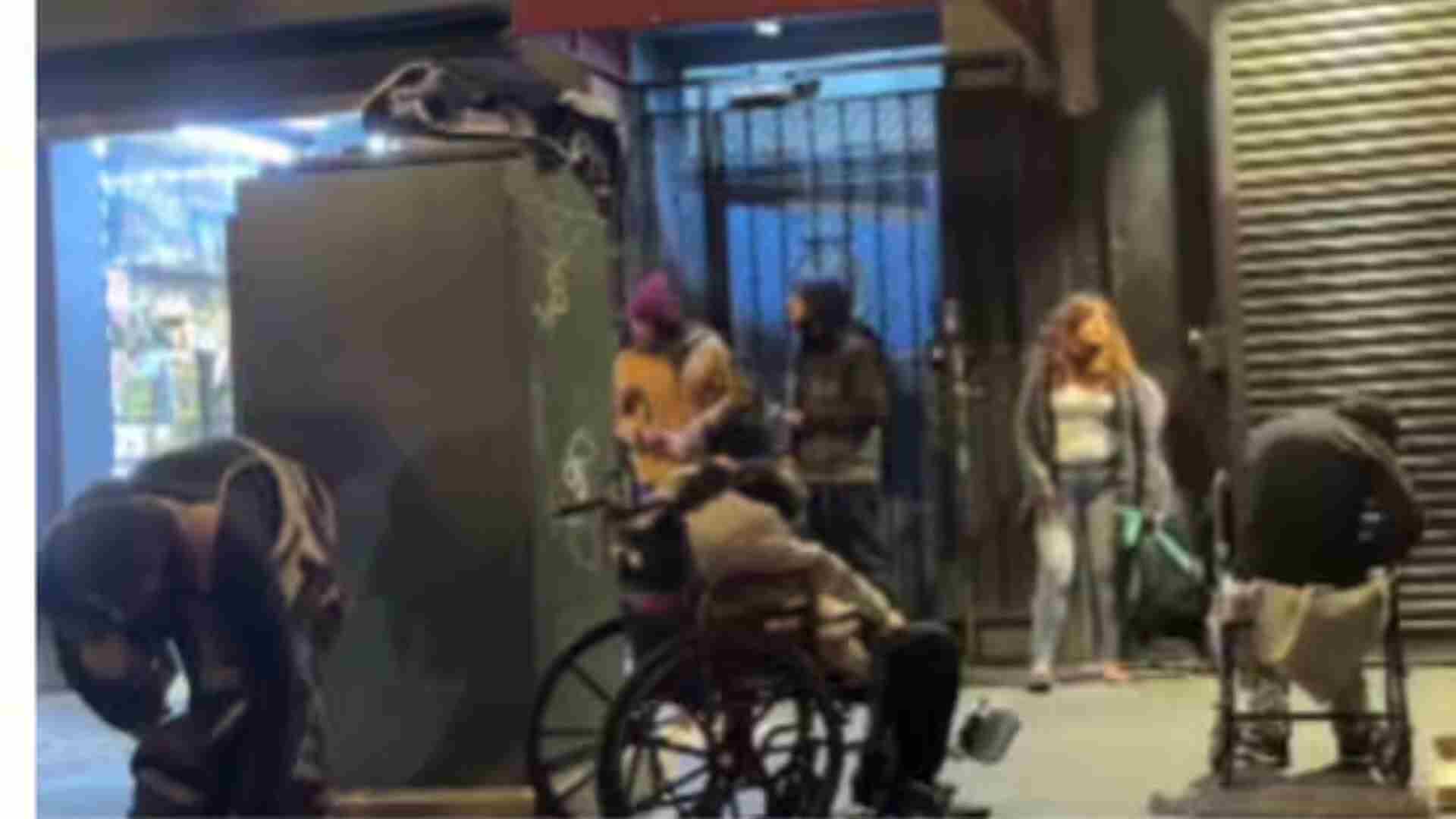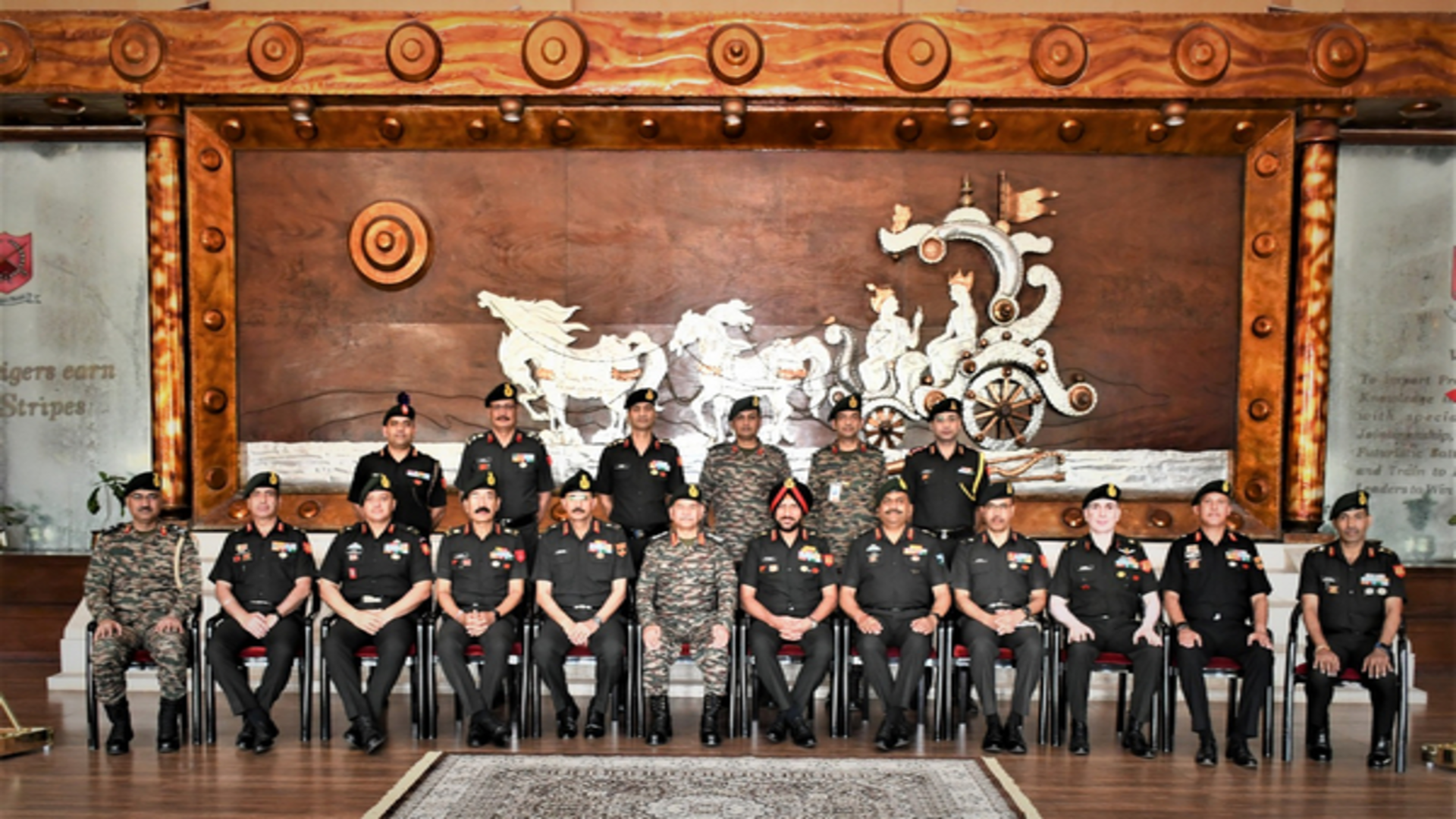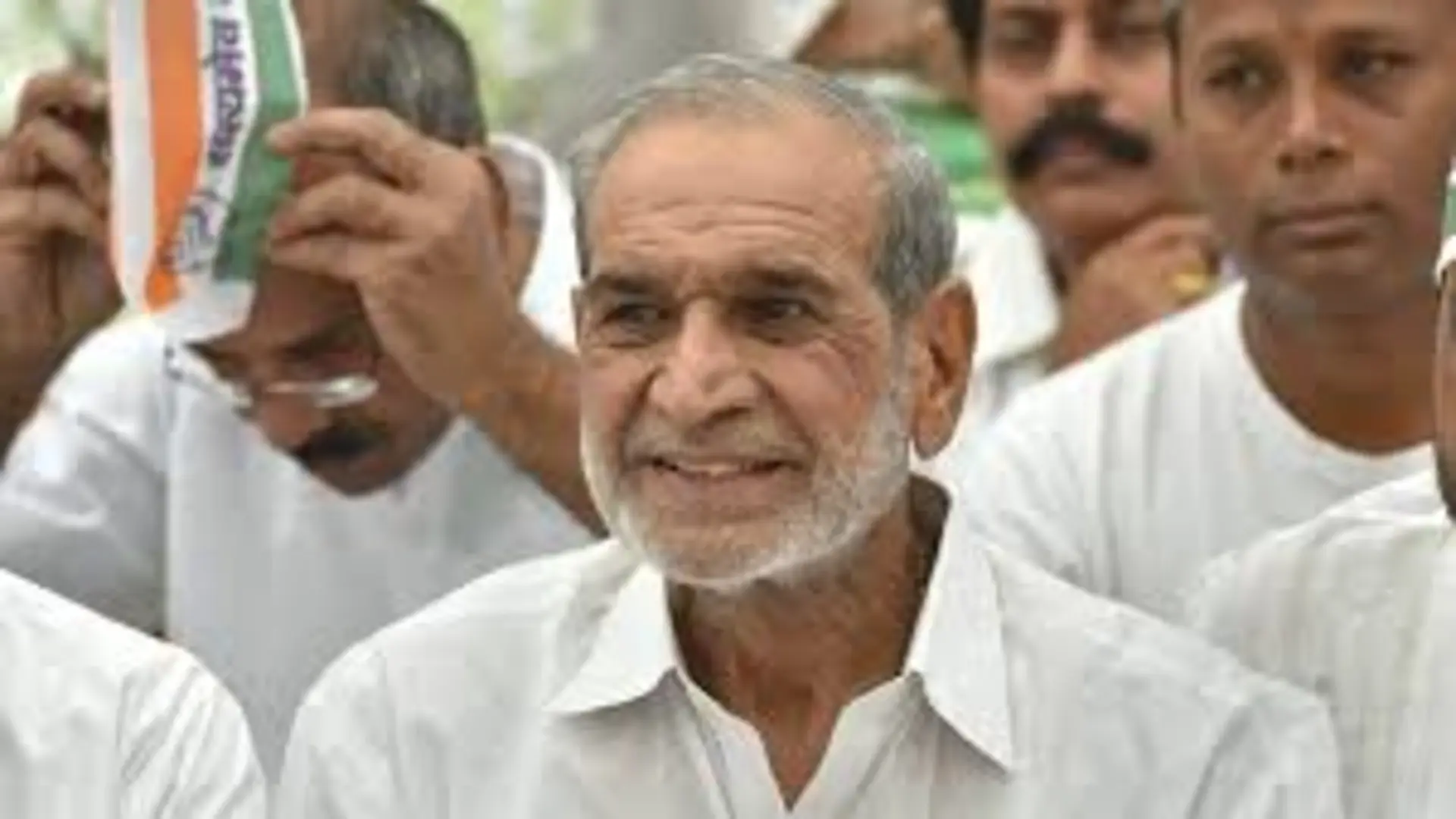
The Rouse Avenue Court will deliver its verdict on Friday in a case against former Congress MP Sajjan Kumar, linked to the killings of Jaswant Singh and his son Tarundeep Singh during the 1984 anti-Sikh riots in Saraswati Vihar, Delhi. Special Judge Kaveri Baweja will announce the judgement, reserved earlier on November 8.
Case Background
The case dates back to November 1, 1984, amidst the anti-Sikh riots following the assassination of then-Prime Minister Indira Gandhi. The prosecution alleges that Sajjan Kumar instigated and led a mob that murdered the victims, burned their house, and looted their property. The charges include murder (Section 302 IPC), rioting (Sections 147, 148, 149 IPC), arson, and other offenses.
Initially registered at the Punjabi Bagh police station, the case was later investigated by a Special Investigation Team (SIT) formed on the recommendation of the Justice G.P. Mathur committee. The SIT filed a charge sheet against Sajjan Kumar after reopening 114 cases in 2016.
Defence Arguments
Advocate Anil Sharma, representing Sajjan Kumar, argued that Kumar’s name was not mentioned initially and was only introduced 16 years later by a witness. He claimed the investigation was delayed and flawed, asserting that the law of foreign lands and international conventions cited by the prosecution were not applicable.
Sharma also pointed out that a separate case in which Kumar was convicted by the Delhi High Court is under appeal in the Supreme Court. He emphasized that the law of the land prevails in such extraordinary cases.
Prosecution’s Stand
Additional Public Prosecutor Manish Rawat rebutted the defense, stating that the witness identified Sajjan Kumar after recognizing his photograph in a magazine. He argued that extraordinary circumstances during the riots, which the Delhi High Court termed “crimes against humanity,” justified the delay in the investigation.
Senior advocate H.S. Phoolka, representing riot victims, argued that the anti-Sikh riots were not isolated incidents but part of a broader genocide targeting minorities. He criticized the police for manipulating investigations to shield influential individuals and referred to the Geneva Convention and international rulings on genocide.
Phoolka also highlighted that the Supreme Court’s intervention, leading to the SIT’s formation, showed the seriousness of the delays in bringing justice.
Victim Testimonies
The complainant, in her statement recorded in 2016, described the mob’s violence, including the looting, arson, and murders of her husband and son. She alleged that Sajjan Kumar’s instigation led to the violence and claimed to have identified Kumar through his photograph in a magazine weeks after the incident.
Anticipation for Justice
The case against Sajjan Kumar is one of the most high-profile cases tied to the 1984 anti-Sikh riots, during which over 2,700 Sikhs were killed in Delhi alone. The Delhi High Court, in a previous case, termed the riots as “crimes against humanity.” The verdict on this case is expected to serve as a significant milestone in the decades-long quest for justice for riot victims.
Authorities and the public await the court’s judgement, which will not only decide Sajjan Kumar’s fate but also reaffirm the judiciary’s stance on justice in cases of communal violence and genocide.



